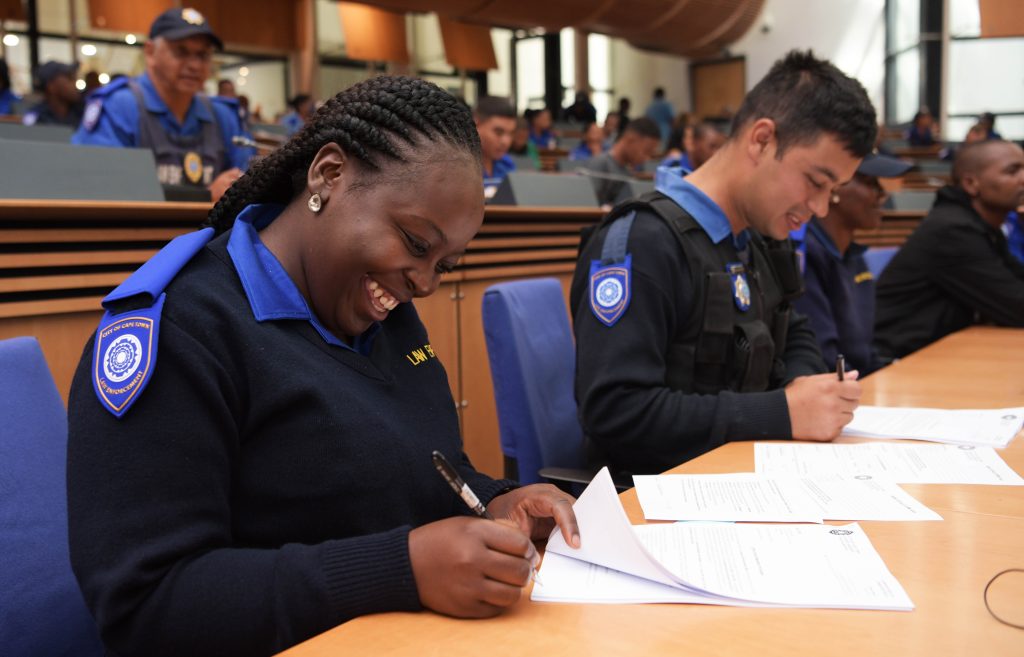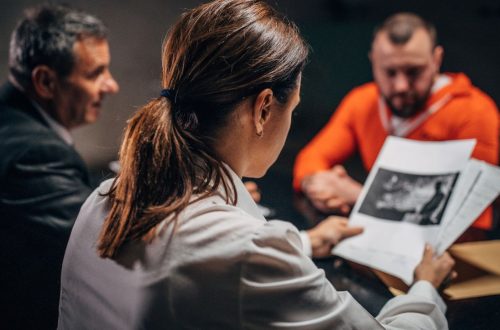From crime prevention to crisis response, the role of a law enforcement officer is indeed versatile and multifaceted. These individuals play a crucial role in maintaining public safety, enforcing laws, and responding to various emergencies. Let’s delve into the different aspects of their work and how they contribute to the well-being of society. Law enforcement officers play a pivotal role in ensuring fair and impartial treatment for all citizens. By upholding the principles of justice, equality, and they safeguard the rights and liberties of individuals while fostering trust and cooperation within communities.
Crime Prevention:
One of the primary responsibilities of law enforcement officers is crime prevention. This involves patrolling neighborhoods, conducting investigations, and working closely with communities to identify and address potential criminal activities. Through proactive measures such as community outreach programs, neighborhood watch initiatives, and educational campaigns, officers aim to deter crime before it occurs. Furthermore, law enforcement agencies often collaborate with other organizations such as schools, businesses, and local governments to implement strategies that target specific crime hotspots or address emerging trends. This collaborative approach not only enhances crime prevention efforts but also fosters trust and cooperation between law enforcement and the community.

Law Enforcement and Public Safety:
Law enforcement officers are at the forefront of ensuring public safety. Leonard Lugo Westfield NJ responds to emergency calls, conduct traffic stops, and enforce traffic laws to reduce accidents and maintain order on the roads. Their presence in public spaces such as parks, malls, and event venues helps deter criminal activities and provides reassurance to the public. Moreover, officers are trained to handle a wide range of situations, from domestic disputes to violent crimes. Their ability to assess risks, de-escalate conflicts, and make quick decisions under pressure is crucial in maintaining law and order while protecting the rights and safety of individuals.
Crisis Response:
In addition to their daily duties, law enforcement officers are trained to respond swiftly and effectively to crises and emergencies. This includes natural disasters, terrorist threats, mass shootings, and other critical incidents that require coordinated efforts from law enforcement agencies, emergency services, and community stakeholders. During crises, officers may be involved in evacuations, securing crime scenes, providing first aid, coordinating rescue operations, and maintaining public order. Their training in crisis management and emergency response protocols equips them to handle complex and dynamic situations with professionalism and efficiency.
Community Engagement:
Beyond their enforcement and response roles, law enforcement officers engage with the community in various ways. This includes participating in community events, conducting outreach programs for at-risk youth, facilitating discussions on crime prevention and public safety, and building relationships of trust and mutual respect. By fostering positive interactions and open communication with residents, officers can gain valuable insights into community concerns, build rapport, and address issues collaboratively. This community-oriented approach not only enhances crime prevention efforts but also strengthens the overall fabric of society.
The role of a law enforcement officer encompasses a wide range of responsibilities, from crime prevention and law enforcement to crisis response and community engagement. Their versatility, dedication, and commitment to public service are essential in safeguarding communities and upholding the rule of law.


